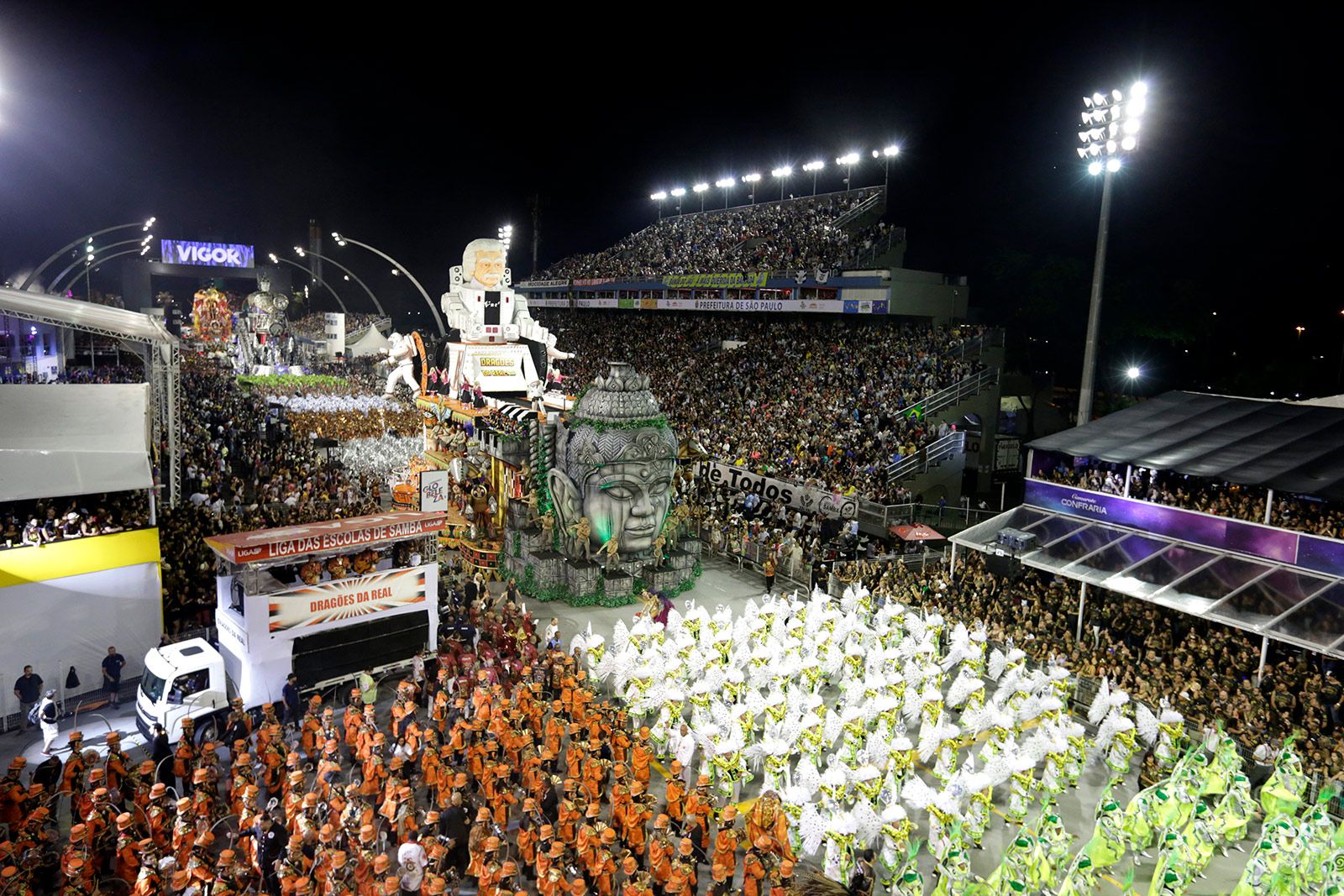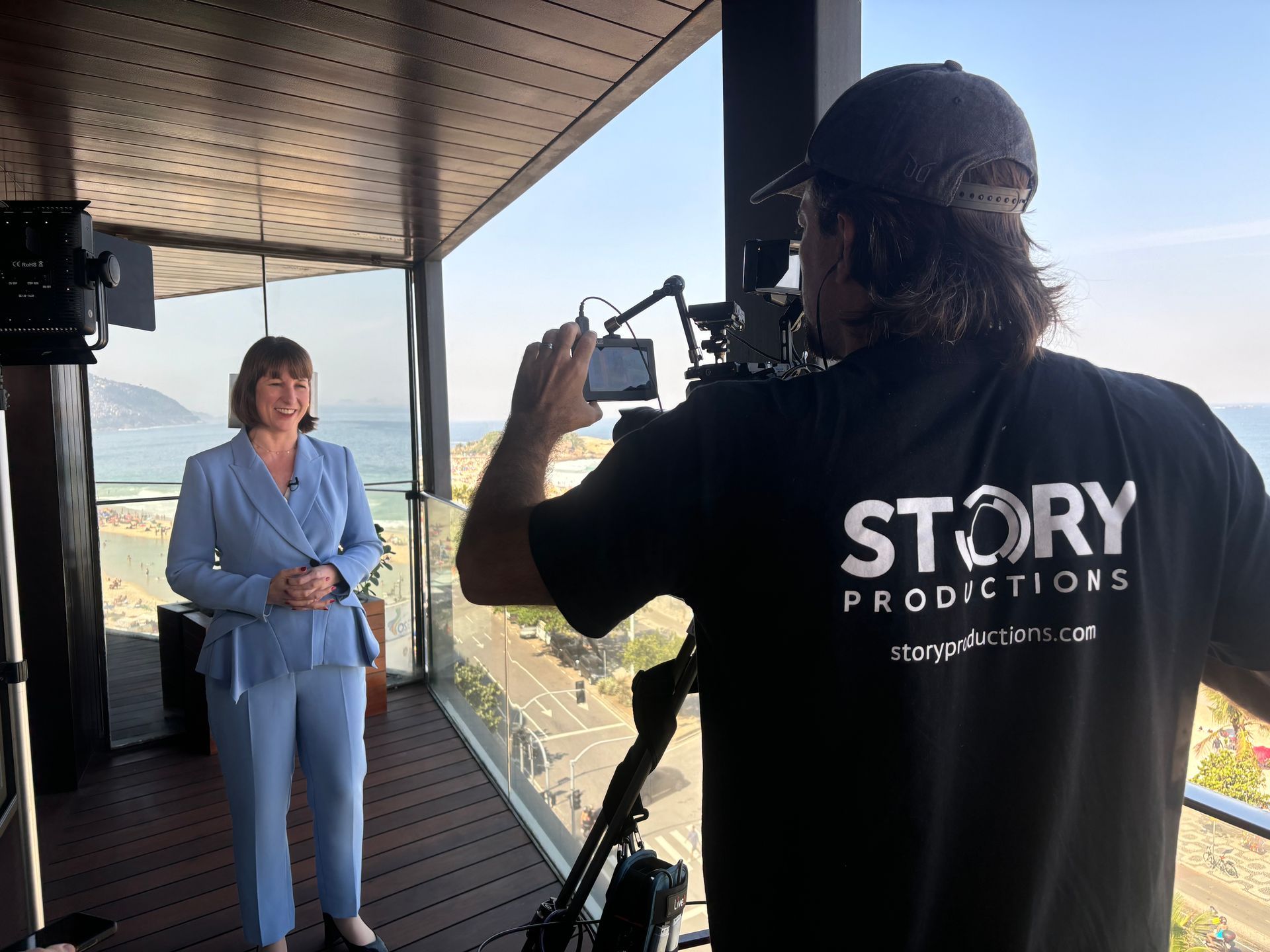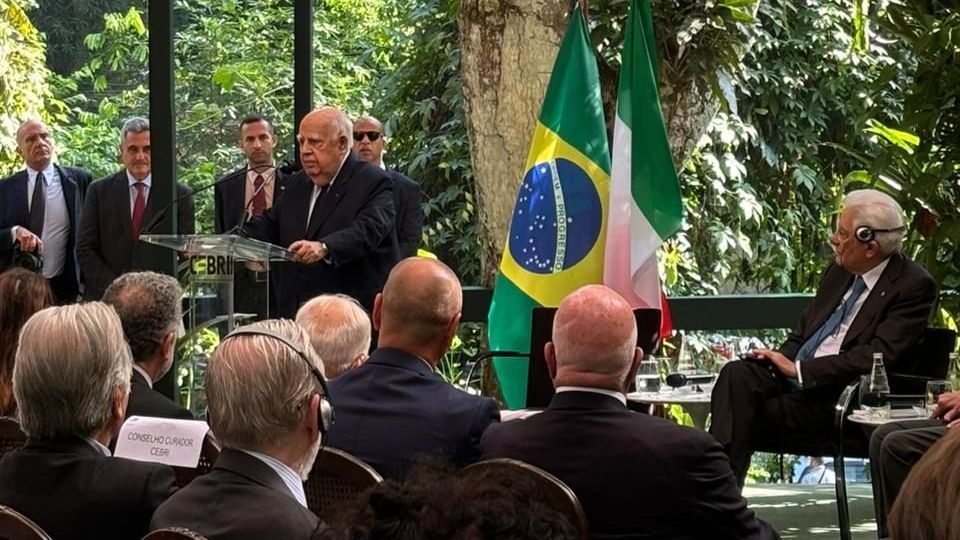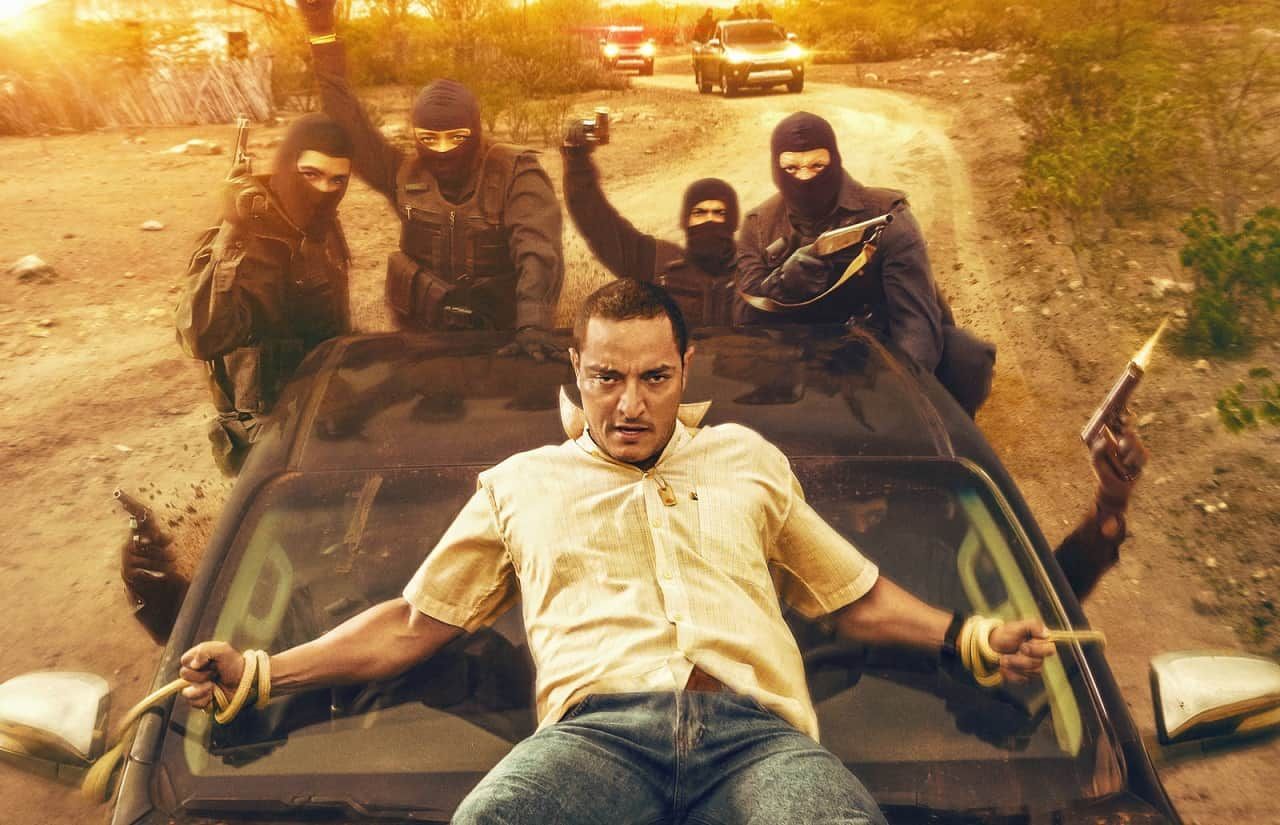São Paulo is set to host Brazil's biggest street Carnival in 2020
Catherine Balston • 22 January 2020
A decade ago, Brazil's most populous city was the place to go to escape the Carnival celebrations taking over the rest of the country. These days, it's become a destination for Carnival revellers

São Paulo won't be the first place on anyone's lips when thinking of the largest street Carnaval in Brazil. But if the predictions are correct, 2020 will in fact be the year that São Paulo, for the first time ever, hosts the largest street Carnaval in the country. What's most surprising about this is that a decade ago, the city barely had a street Carnaval. São Paulo's reputation was as the place to go to escape the Carnaval chaos that was overtaking other cities around the country - principally Rio de Janeiro, Salvador, Recife and Olinda.
When we talk about street Carnaval, we're referring to the blocos
or bandas
which are free street parties which draws crowds of revellers that number anywhere between a dozen neighbours and a million people. The blocos
revolve around a band (often just a group of drummers) which either parades through the streets on foot or on a speaker-laden truck, or else stays put while the crowds, decked out in glitter and costumes, dance around it. Some blocos
are more traditional, often with a long history of samba music, whilst others play global hits like The Beatles or David Bowie.
In 2011, there were just a few dozen blocos in São Paulo. By 2019, that number had grown to just over 500 blocos, attracting 14 million people, compared to a similar number of blocos
but just half the number of revellers (7 million) in Rio de Janeiro throughout the Carnaval period (which can stretch for a couple of weeks either side of the official Carnival weekend). In 2020, however, the city looks set to host the biggest street Carnaval in Brazil, with 960 officially approved blocos
(street parties) due to hit the streets throughout Carnaval.
The difference between ten years ago and today, apart from the huge growth in the size of the street Carnaval, is that the celebrations are now supported by the City Hall, rather than being the unofficial headache that they once were. City Hall processes all the bloco requests before publishing a schedule of which groups will take place when and where. Some streets are closed off for the parties, with additional security, public toilets and a big clean-up operation provided. Last year, one of the largest beer brands forked out nearly $4 million to sponsor the street celebrations.
A city the size of São Paulo is able to absorb these huge crowds and avoid grinding to a halt as often happens in other cities. As a result, tourists and residents alike can enjoy a relatively traffic-free city where they can shop, eat out and enjoy the city's cultural attractions without the crowds.
For film crews wanting to capture the celebrations on camera, the logistics are easier than in other cities, in terms of navigating the city, hiring equipment and skilled, bilingual videographers, and having a large choice of hotels and restaurants that aren't booked up months in advance. Read our tips for filming Carnival in Brazil.
The São Paulo sambadrome
Carnaval in São Paulo (and in Rio de Janeiro) is not just about the street parties. The São Paulo sambadrome – or sambódromo in Portuguese – hosts another important aspect of the Carnaval celebrations; a fierce competition between the city's top samba schools to put on the most impressive spectacle. Each school has an hour to present their song, their floats, the extravagant costumes and their thousands of costumed dancers to a panel of judges, with one school being crowned the champion each year.
- Find out ten interestings things you (probably) didn't know about Carnival in Brazil
- Planning a shoot in Brazil? Get in touch for a quote
Share this story:
Get the latest news straight into your inbox!
Sign up to our newsletter and we'll keep you updated on all the important news around filming in Brazil with a few highlights from us.
Contact Us
Read another story

At the 3rd Spcine Forum held from June 26 to 28 at the Cinemateca Brasileira in São Paulo, Marcelo Caetano and Ivan Melo, respectively the director and producer of the film, detailed the process of securing international financing and co-production involving professionals from Brazil, France, and the Netherlands.













